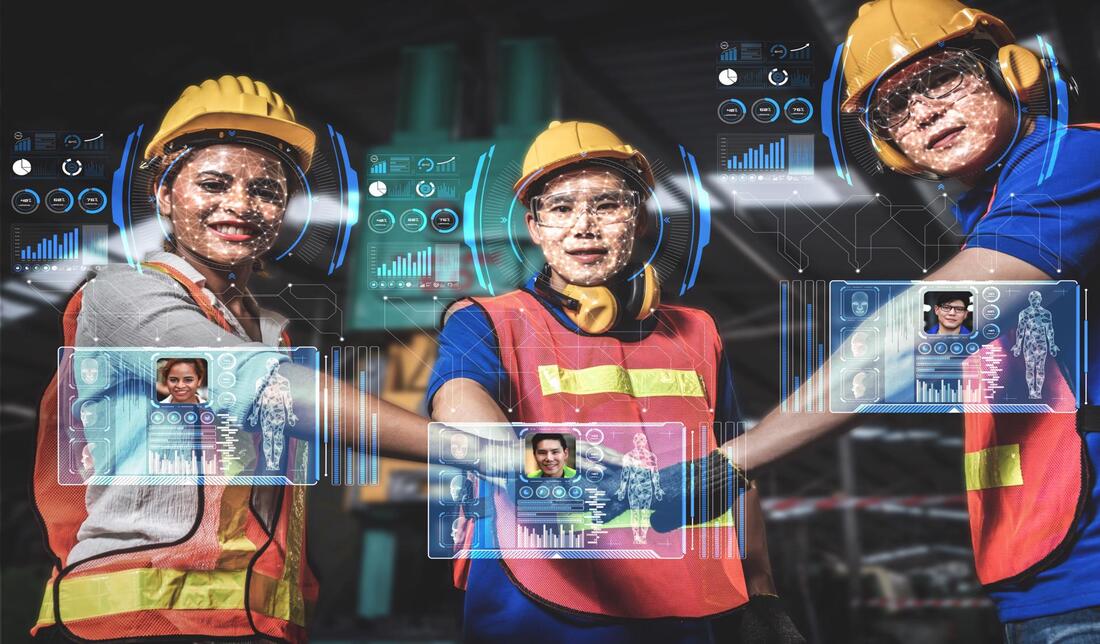|
Internet of Things (IoT) is a term for physical devices connected to the internet which can collect and share data. Those devices can also include objects that have sensors allowing them to communicate in real time. Some examples: smart speakers, thermostats, lightbulbs, cars, fitness trackers, etc.
According to the Center for Internet Security (CIS) the IoT devices should have a connection to transmit the data as well as be uniquely identifiable, usually done through an IP address. There are multiple methods of communicating and transmitting data such as bluetooth connection, internet cloud-based service, wi-fi, etc. Nowadays, IoT devices are part of our daily lifestyles. It is estimated that by 2025, there will be over 20 billion IoT devices around the globe. Moreover, IoT is considered one of the 12 most important technological trends of the future. The benefits of IoT are evident, however, we keep seeing high-profile attacks occurring which creates an additional barrier for many businesses to adopt this technology. A research on the consumer attitude towards Internet of Things in Australia, Canada, France, Japan, UK and US revealed that 63% of consumers find connected devices "creepy". According to EDUCBA the 5 top benefits of internet of things for businesses are:
IoT is booming so is the number of attacks and security threats. It's immensely important to consider user safety and data confidentiality. The Knowledge, Innovation and Strategies Management Club, as part of the EU project - Internet of Things Security Nuggets (IoT Nuggets), co-funded by the European Union. along with its project partners from Bulgaria, Greece, Spain and Italy are developing a new methodology and framework with a model of digital competence for the Security of the Internet of Things (IoT) ecosystem including security and privacy to face the challenges that cybersecurity put in place. It is targeting VET providers and trainers in the ICT field, software engineers and programmers who want and need to update their competences, skills, and knowledge in cyber security of the ecosystem of IoT. And, ICT entrepreneurs who have, want, and/or would like to start a business in the IoT field. According to Deloitte in their document "Preparing tomorrow’s workforce for the Fourth Industrial Revolution For business: A framework for action" many employers are currently struggling to find talent due to the mismatch between skills and employers' needs. Technology has changed the way we work and live, and how businesses are operating. Automation and digitization greatly impact the skills required for specific jobs. But unfortunately a great number of organisations are not prepared for the transition to Industry 4.0, especially in terms of their workforce. This transformation in the new digital era brings in the creation of new jobs, but also the loss of many. Physically demanding, manual or routine jobs will decrease, and those that require problem-solving, flexible responses and customization will increase. In order to support this transition businesses will need to upskill and reskill their employees, and implement a culture of continous learning. L.E.K Consulting's manufacturing survey revealed that automation is motivating decision-makers in manufacturing industries to actively invest in their workforce and four out of five say that they are preparing for an increase in automation technology. In their blog article 'The Smart Way to Prepare Your Workforce for Industry 4.0' L.E.K also suggests following the three Rs approach to preparing workforce of businesses for the transition to Industry 4.0:
The TransIT project, co-funded by the Erasmus+ programme of the European Union, that the Knowledge, Innovation and Strategies Management Club is part of, is developing an innovative curricula, educational methods and training courses that guarantee an effective transition to Industry 4.0 standards. The project will provide a solution for company leaders, industry executives, HR professionals, SMEs and VET centers.
The TransIT project is producing three main elements that together will form a complete training kit, whereas each element will offer strong capacity building and help to successfully adjust to the forthcoming challenges of Industry 4.0 standards regarding the future of work. As part of the Training Kit we are preparing under the TransIT project, we synthesise good management practice enabling the transition to Industry 4.0 with three main overarching topics: innovation thinking, motivation management and technical cooperation. It also consists of the most relevant concepts relating to adaptive management. For more information on this kit - guidebook, read here. |
KISMC TeamBlog post by our team, innovation contributors, VIP members, blog guests, etc. Archives
January 2024
Categories
All
|
|
The Knowledge, Innovation and Strategies Management Club is a non-profit organisation set up in Sofia, Bulgaria in 2012 to foster knowledge and innovation management across South East Europe. KISMC is supporting the development of the innovation ecosystem in the region by bridging the gap between education, research and business.
|
© COPYRIGHT 2013- 2021. KISMC. ALL RIGHTS RESERVED.
|



 RSS Feed
RSS Feed